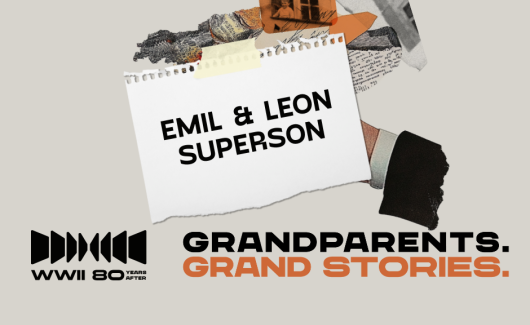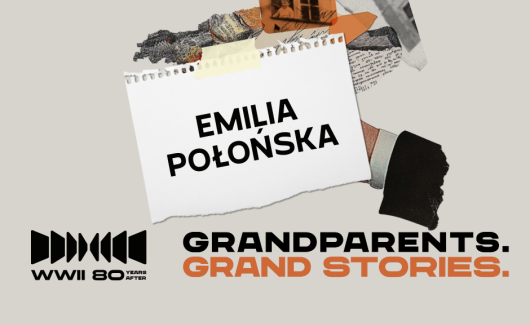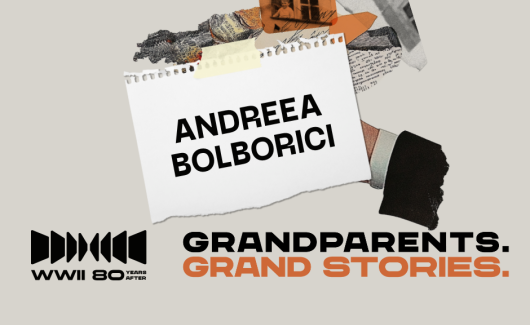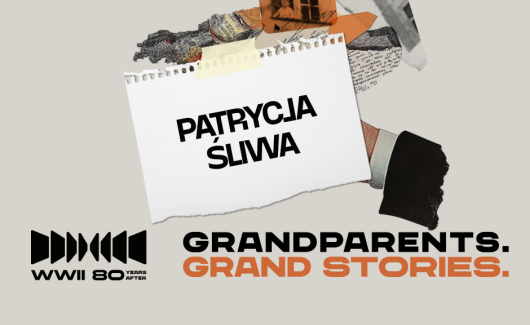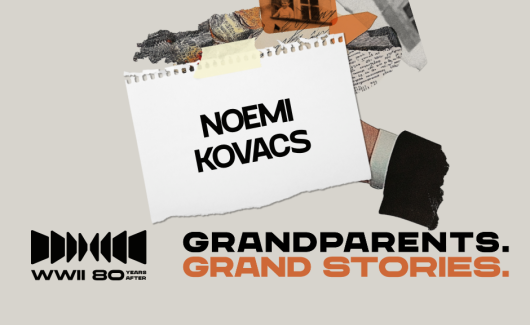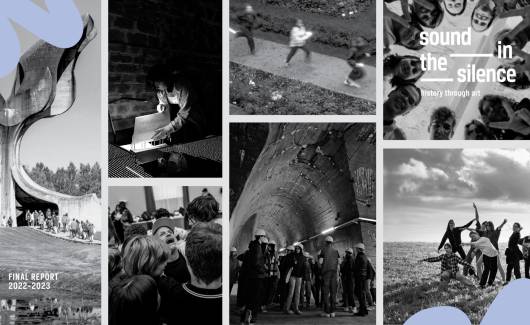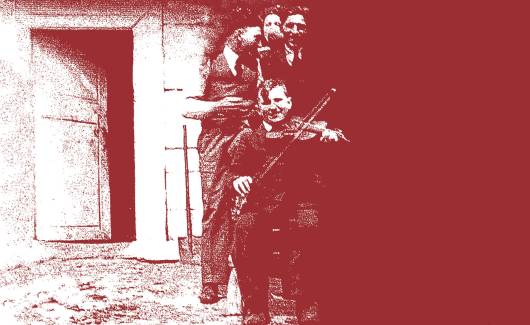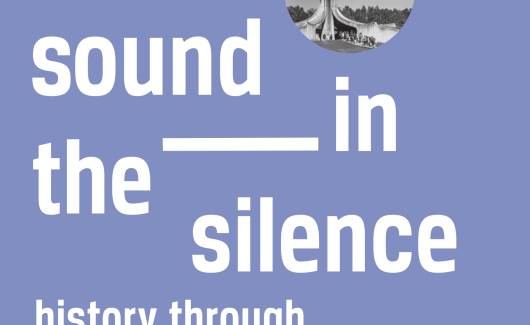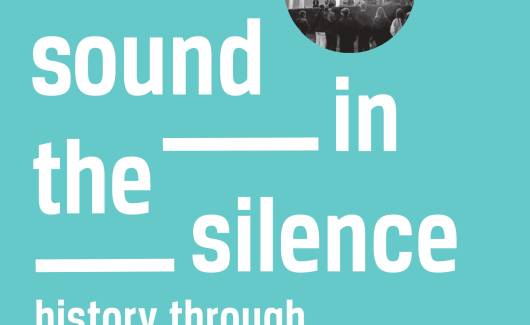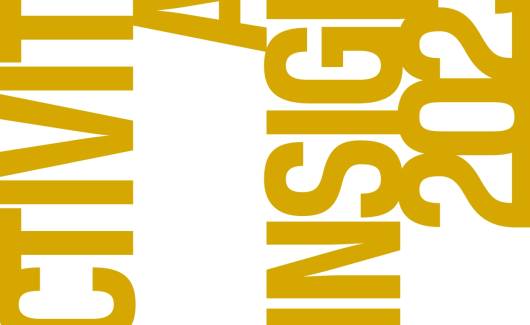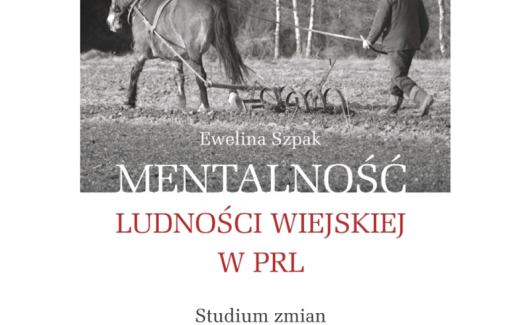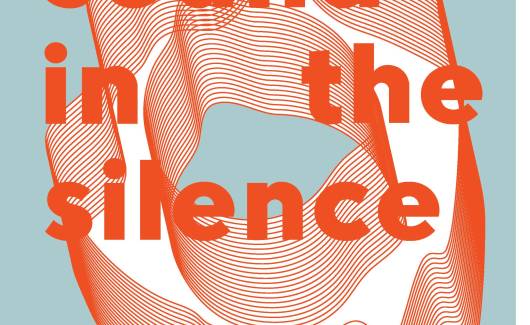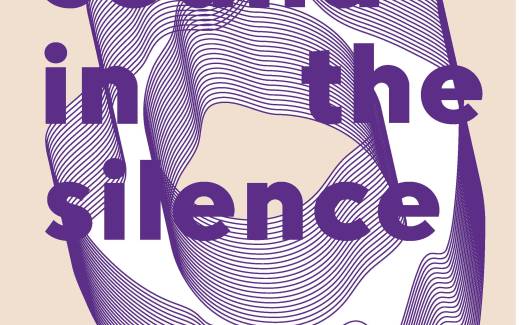Sofia Di Filippo
Italy
Go through our publications! At ENRS, we want to create a forum for exchange of opinions between historians, social studies scholars, and representatives of other disciplines engaged in memory studies. One of the ways of achieving this goal is by publishing our own annual journal "Remembrance and Solidarity Studies", as well as supporting external publications focused on remembrance and history of the 20th century in Europe.
War Through the Eyes of Our Great-Grandmother
Emil and Leon Superson
Poland/Norway
This story is written together by Emil, aged 10, and Leon, nearly 9.
It came about as a result of a conversation between the boys and their grandmother - the daughter of Marianna in the story.
“Today, our Grandmother told us about the Second World War memories of our Great-Grandmother Marianna.
Great-Grandmother was born in a small village called Kuźniaki, next to Perzowa Góra mountain, on the edge of the Puszcza Świętokrzyska great forest. Great-Grandmother didn’t often talk about the war or the hardships of life after it. She did, however, remember the beginning. On the 1st of September, 16 days before her eighth birthday, the radio announced that the German Reich’s troops had entered Poland. She didn’t understand what that meant, but she knew something bad was happening.
She said that, along with the other villagers, they would flee into the forest at night. People hid in the woods and lived there. They couldn’t always light a fire, even if it was cold, for fear of being found. Partisans also hid in the forests.
There was hunger. The Germans took food and animals – cows, chickens, horses – and then they burned down homes. They took children and shot people. They took her mother and older sister and sent them to the Reich for forced labour. At that time, no one knew if or when they would return. People could also be sent to a concentration camp.
Great-Grandmother remembered how heavy fighting took place in the village of Huciska, just beyond Perzowa Góra mountain.
Great-Grandmother didn’t go to school because the family only had one pair of shoes for all the children to share.”
The Story of Four Countries and One Fate
Emilia Połońska
Poland
Shadows of War: Memories from a Stolen Childhood
Andreea Bolborici
Romania
Aftermath: Remote Connections
Kashfia Dali
Germany
Slipping Through Our Fingers: My Family's Journey to Preserve Grandpa’s War Memories
Patrycja Śliwa
Poland
Grandparents, Grand Stories: The Legacy of My Family's World War II Experiences
Noemi Kovacs
Germany
Sound in the Silence - Final Report for the 2022 and 2023 editions
Between Life and Death. Catalogue in Estonian
Between Life and Death. Catalogue in English
The publication presents the 2024 catalogue of the exhibition 'Between Life and Death. Stories of Rescue during the Holocaust.'
Sound in the Silence Jasenovac 2023
The publication presents the edition of the project Sound in the Silence in Jasenovac, Croatia.
The project is co-financed by the European Union.
Sound in the Silence Wannsee 2023
The publication presents the edition of the project Sound in the Silence at the House of the Wannsee Conference, Germany.
The project is co-financed by the European Union.
The ENRS catalogue 2023-2024
Mentalność ludności wiejskiej w PRL. Studium zmian
Remembering the Neoliberal Turn Economic Change and Collective Memory in Eastern Europe after 1989
This book discusses how societies, groups and individuals remember and make sense of global neoliberal change in Eastern Europe. Such an investigation is all the more timely as the 1990s are increasingly looked to for answers explaining the populist and nationalist turn across the globe.
The volume shows how the key processes that impacted many lives across the social spectrum in Eastern Europe, such as deindustrialization, privatization, restitution and abrupt social reorganization, are collectively remembered across society today and how memory narratives of the 1990s contribute to current identities and political climate. This volume establishes the memory of economic transformation as a research focus in its own right. It investigates different levels of memory, from the national through the local to the cultural, analysing key myths of the transformation, giving special recognition to the social space and vernacular memories of the transformation period and reflecting on how the changes of the 1990s are mediated in cultural representations.
Given the book’s interdisciplinary scope that covers several fields, it will prove to be of interest to those working in memory studies, contemporary history, sociology, East European area studies and literary and film studies. It will also serve as a significant point of reference for those researching the interdisciplinary and rapidly expanding field of transformation studies and thus is an invaluable source across different fields.
Editors:
Veronika Pehe is a researcher at the Institute of Contemporary History of the Czech Academy of Sciences, where she leads the Research Group for Historical Transformation Studies. She specializes in cultural history, memory and film and television.
Joanna Wawrzyniak is associate professor in sociology and director of the Center for Research on Social Memory at the University of Warsaw. She is vice chair of the EU COST Action Slow Memory: Transformative Practices for Times of Uneven and Accelerating Change.
The ENRS catalogue 2022-2023
Sound in the Silence Mauthausen 2022
The publication presents the edition of the project Sound in the Silence at the Mauthausen and Gusen Memorial Sites, Austria.
The project took place in 08-16.10.2022 and is co-financed by the European Union.
Sound in the Silence Kaunas 2022
The publication presents the edition of the project Sound in the Silence at the Ninth Fort Museum in Kaunas, Lithuania.
The project took place in 28.09-05.10.2022 and was co-financed by the European Union.

